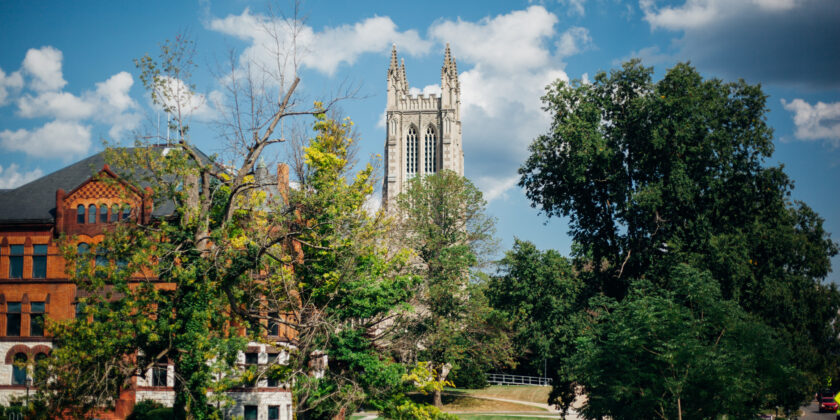Colleges That Are No Longer Test Optional – Updated March 2025
Colleges have continued to roll back test-optional policies. We will update this post as more policy changes are made for fall 2026.
Auburn (testing STRONGLY preferred; required with under a certain GPA)
Brown
Cal Tech
Cornell
Dartmouth
Georgetown
Georgia Tech
Harvard
JHU
MIT
Ohio State
Penn
Purdue
Stanford
University of Georgia
University of Florida (state-wide)
University of Miami
UNC Chapel Hill (required with under a certain GPA)
University of Tennessee (state-wide)
UT Austin
Yale
For 2027: Vanderbilt, Wisconsin (Madison) = which means they prefer scores now…
We have also found it beneficial to send high scores to most other test-optional schools in the top tier, especially if you are applying to a selective major (engineering, comp sci, data science, business, hard sciences) or attend a high school where the majority of students test and test well:
Vanderbilt – test preferred
Northwestern – test preferred
Duke
Princeton
Columbia
Rice
WashU
Notre Dame
Carnegie Mellon
Tufts
Emory
USC
Boston College
Boston University (exception: General Studies)
NYU
Clemson
Case Western
Villanova
University of Chicago
University of Michigan – test preferred
University of Wisconsin – test preferred
University of Virginia
University of Illinois
University of Maryland
Reach out to us if you’d like help with your application strategy and deciding if you are a good candidate to apply test-optional.
*Stay in the know! Subscribe







